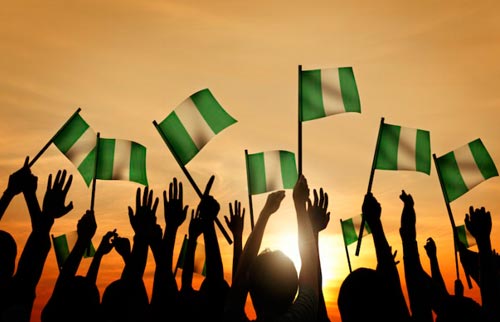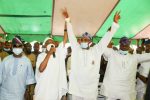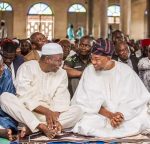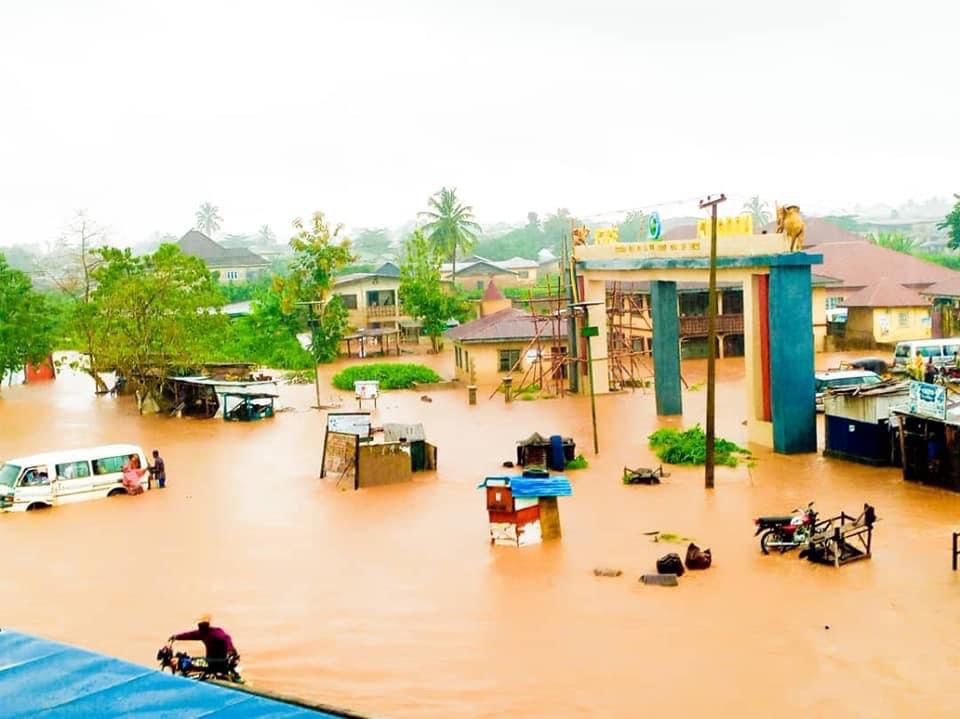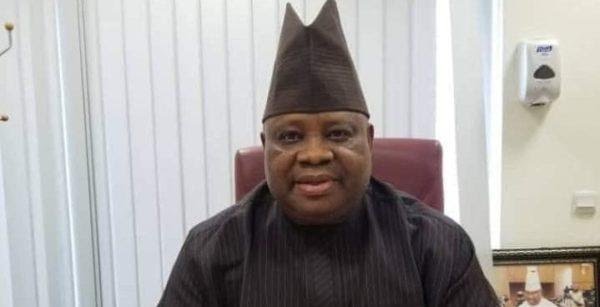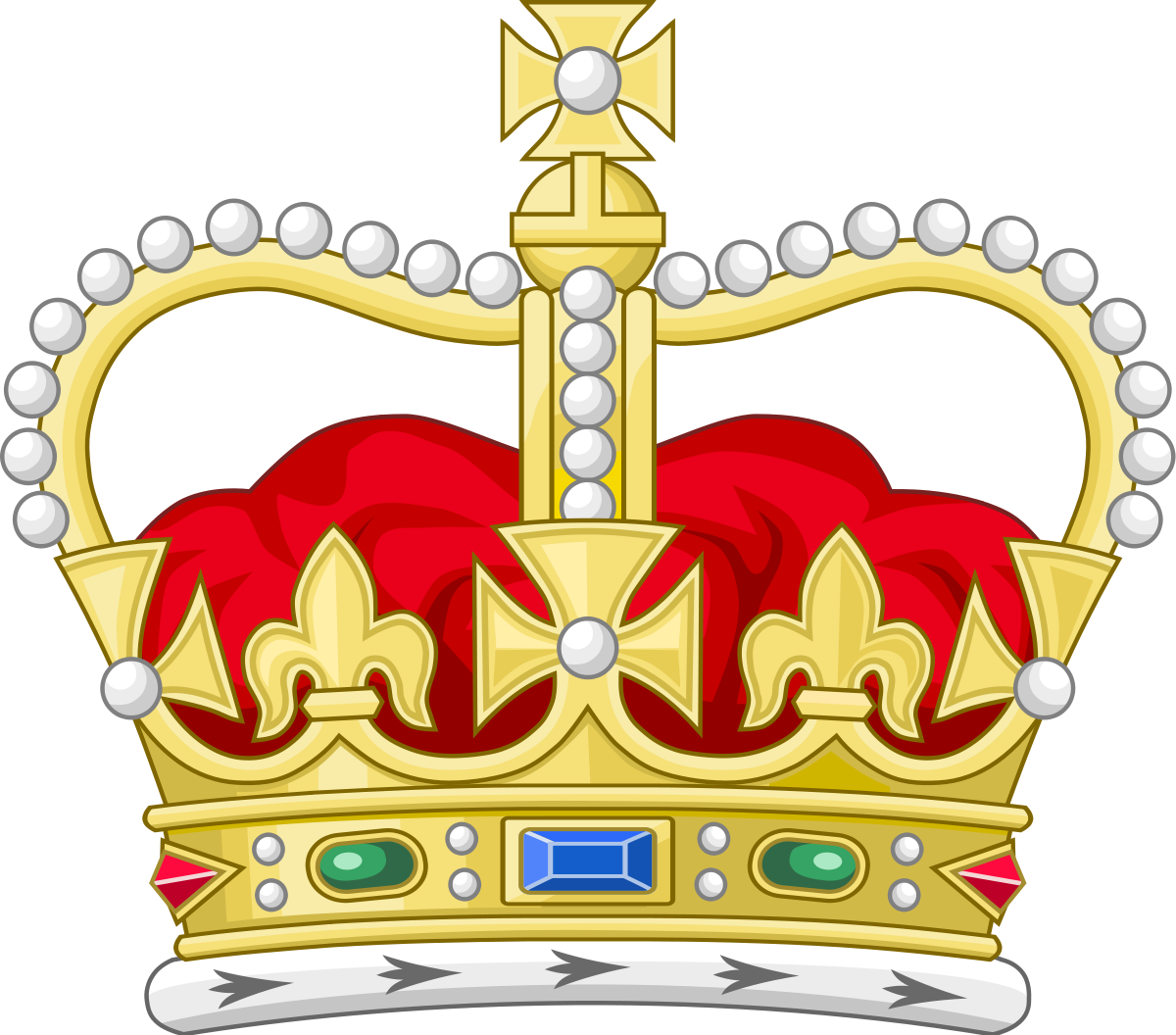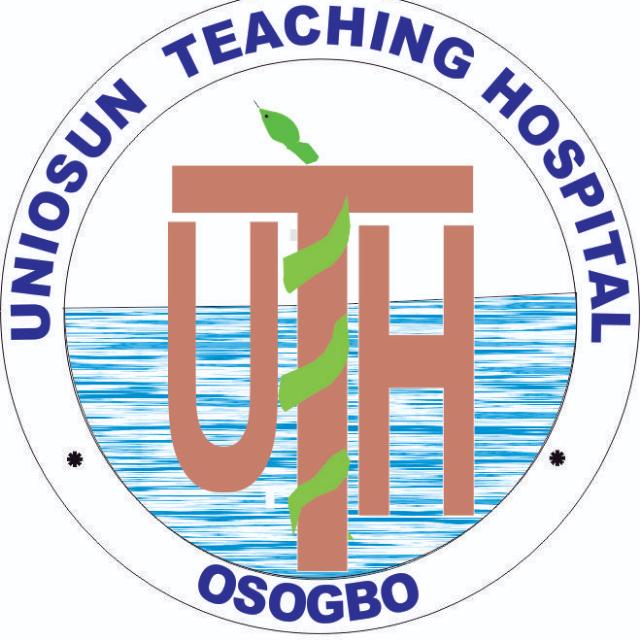THE season of electoral activities leading to the 2023 general election is fully with us at a time Nigeria faces daunting socio-economic and security challenges. Even fuel scarcity and queues at filling station that were thought to be a thing of the past are back amidst conspiratorial plans to hike PMS pump prices.
In a democracy; government of the people by the people and for the people, not every citizen can be in government. The sovereign powers of the people are delegated to certain citizens to exercise. However, if the people are not to finally surrender their sovereignty and become slaves to their government, they must engage government consistently on its actions, which ought to guarantee them “life, liberty and the pursuit of happiness.” To do so, the people exist in several social, cultural, civil, religious, trade, community and political non-governmental organisations for the pursuit of diverse interests related to their prosperity, and act at critical times as pressure groups to affect the policies and plans of government: supportively when those policies are favourable; opposing, when detrimental.
At the very apex of those civil organisations are the trade and labour movement, and then followed by all others, including the students’ movement. Civil Society Organisations are such non-governmental organisations specifically setup for the advocacy, protection and defence of civil liberties and rights: women, children, environment, workplaces, democracy, education, health, accountability, etc.
At decisive moments in the historical journeys of nations, it is not the political elites and their political parties that shape discuss and actions for change and development, it is the activities of civil society organisations, which are rooted in deep thinking, uplifting vision, noble actions and patriotic self-sacrifices. In America, in the critical decades of the 60s and 70s, it was the Civil Rights Movement led basically by the Southern Christian Leadership Conference and the Nation of Islam with prominent leaders like Martin Luther King Jnr and Malcolm X respectively that drove the redefinition of the American Dream. Check the history of most nations and you will find similar parallels.
Nigeria under military rule attained the brightest age, so far, of CSOs as shinning lights and drivers of social change and development. Sadly, return to democracy in 1999 and the engagement in politics, government and related activities by most of the activists in these organisations led to the relapse of CSOs and their decline into the shadows. Indeed, today, most have turned themselves into appendages and hand maidens funding agencies, foreign and local, and of any government in power. Neither the national stage nor the State of Osun theatre is spared of the sorry experience of hurriedly concocted CSOs that are nothing other than errand-agencies for the dirty works of sordid powers, and gold-digging platform for degenerates and renegades.
However, when darkness and dark deeds become the signs of the time, it is time for votaries of light to step forwards and shine bright. Genuine CSOs as well as other socio-economic, cultural, religious and political platform still abound, fatigued as they are in the presence of seemingly overwhelming “State of the Nation” and complexities of “What is To Be done?” Rather than let their hearts palpate upon the goodies in the bullion vans that lurk around the corners, they should focus on the heroism that the time demands. If they are resourceful, the resources they need will arrive legitimately outside the realms of corruption. They should lead in asking the questions that needed asking and providing answers, and mobilising the people around those answers.
What manner of politics does Nigeria need today? What kind of political parties? What manner of manifestoes? Do age, sex, religion and tribe matter? Why and how? Where is the place of education, health, productivity, food, shelter, clothing, industry, federalism, human rights, self-determination, justice system and public services, for a few examples, in the present equations and options? What are the best strategies, tactics and programmes, alliances and struggles, to make them dominant factors in the polity and biggest impact on the upcoming elections?
It is by doing the right things well that the wrong things, wrong people and impostors will be exposed for what and who they are. It is the decline of goodness that allows the ascendancy of evil and corruption everywhere, including within Civil Society Organisation

